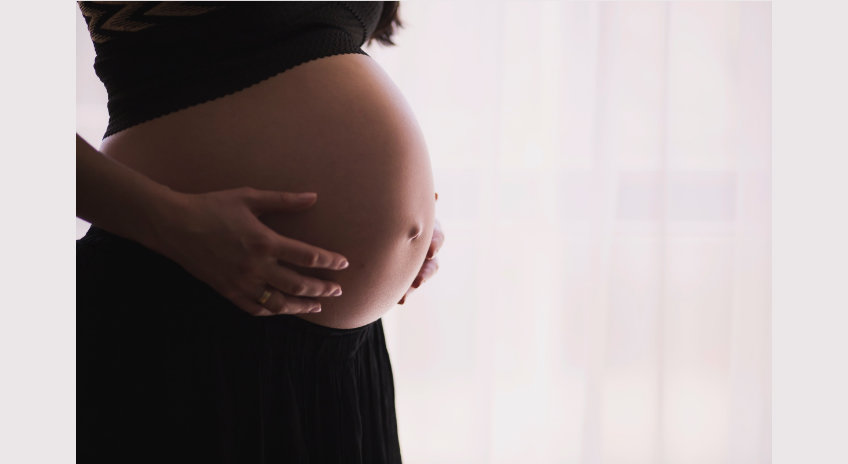
Surrogacy – Interdisciplinary Analysis and International Perspective
Surrogacy is an internationally controversial method of medically-assisted reproduction. Legislation in Germany proscribes medical assistance in impregnating a surrogate and forbids acting as an agent between intended parents and surrogates. As a result, the practice of surrogacy is de facto prohibited in this country. In contrast, several foreign legal systems permit surrogate motherhood, a state of affairs that has led a growing number of people to engage a surrogate abroad. This practice of circumventing the German legal system has been accepted since 2014 when the German Federal Court of Justice held that recognition of the intended parents’ legal parenthood after transnational surrogacy was compatible with ordre public. The consequence of this holding is a complicated and inconsistent legal situation and, correspondingly, debates in the scholarly literature, particularly with regard to the constitutionality of the prohibition and the legal treatment of cross-border surrogacy.
This dissertation project consists of two parts. The first of these encompasses a fundamental examination of surrogacy followed by a comprehensive evaluation of the merit of the current legal situation. It includes an assessment of the most frequently discussed issues concerning surrogacy from an interdisciplinary perspective. As surrogacy raises the question of whether a procedure that is medically possible is morally justifiable, ethics will be included in the assessment as one of the special fields besides law. Furthermore, surrogate motherhood challenges conventional perceptions of motherhood and family; thus, sociology is included as a second special field in order to incorporate social reality.
Based on the findings of the first part, the second part examines whether alternative legislation on surrogacy could be a preferable option. A number of legal scholars argue that surrogacy and living organ donation – which is permitted under certain (highly regulated) conditions in Germany – are comparable. The dissertation will pursue this thesis and assess the transferability of the regulations on living organ donation to surrogate motherhood.
| Outcome: | dissertation |
|---|---|
| Research focus: | II. Regulating Intimate Relations |
| Time frame: | 2019–2022 |
| Project language: | German |
| Project status: | completed |
| Photo: | © Joanna Malinowska/Unsplash |









